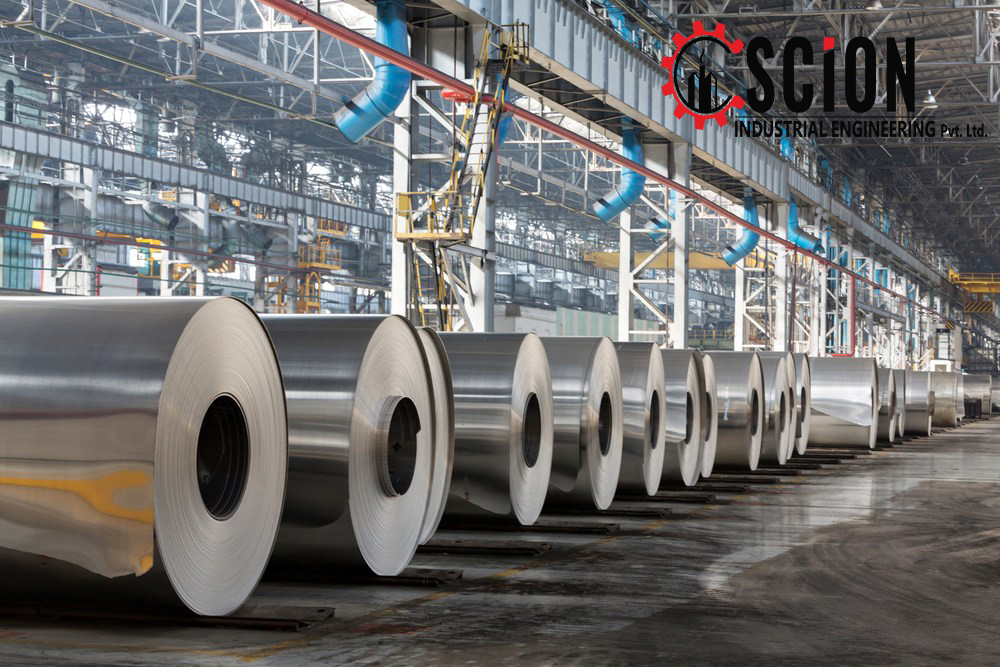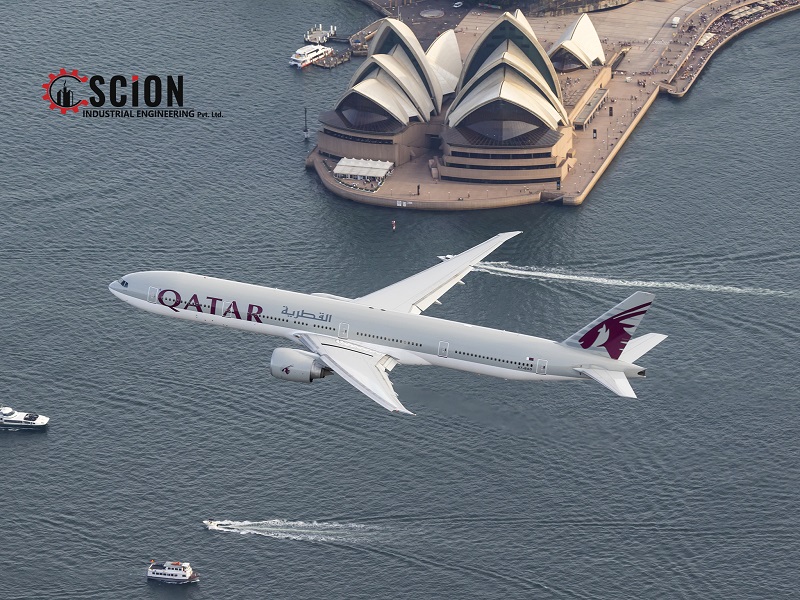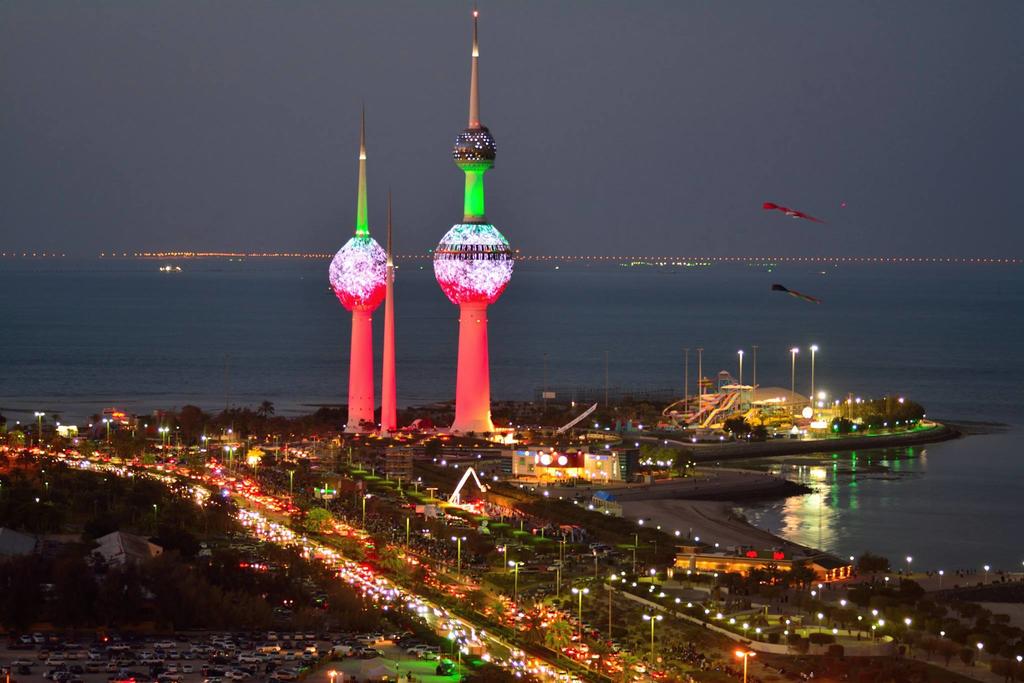At the cramped shop where Kholoud Ahmed sells the traditional Muslim women’s gowns known as abayas, the rainbow of colors is a revelation.
In the past, women in Riyadh typically dressed in the same black abaya no matter where they were going. Now, observed Ahmed, 21, there’s a differently colored or styled abaya for every occasion: weddings, meeting friends at a cafe, visiting parents.
“Colored abayas used to be a strange thing for us in Riyadh, something unusual,” said Ahmed, the store’s clerk. “Within a year it has significantly changed. It has become normal nowadays.”
Since Crown Prince Mohammed bin Salman became Saudi Arabia’s de facto leader more than four years ago, he has promised new opportunities for Saudi women as part of a broad modernization plan called Vision 2030.
The plan, which is advertised across Riyadh on posters and flags, is meant to wean the kingdom away from its historical reliance on oil and shift it toward new industries, including technology, pharmaceuticals and tourism.
But to create more job opportunities for Saudis and draw international investors and corporations to the desert monarchy, Crown Prince Mohammed is also chipping away at the conservative culture that has kept many women close to home for years and scared away many foreigners.
Over the last five years, the percentage of women working outside the home has almost doubled, according to official statistics, to 32% from nearly 18%. Women today serve as customs officials at the King Khalid International Airport in Riyadh, client relationship managers at banks and hostesses at restaurants.
In addition to changes in the workplace, public space is becoming less strictly segregated by sex. In coffee shops in Riyadh like Overdose (motto: “Caffeine, it’s my drug of choice”), male and female customers can now sip lattes in mixed company.
Women can attend certain sporting events at stadiums, which was forbidden until a few years ago. They are no longer required to use separate entrances from men although some establishments still use them. They can also now apply for passports, live by themselves and travel on their own.
But the progress has been uneven.
The guardianship system, which despite some recent reforms is still in place, means that women must rely on permission from men — often their fathers or husbands, but in some cases their sons — to enter into marriages and make key decisions.
One prominent women’s rights activist was jailed for three years after pushing publicly for some of the very changes Crown Prince Mohammed wanted to make — including allowing women to drive. She has since been released and has published a research paper on the status of Saudi women.
Those fits and starts are also evident in quotidian ways. Women’s attire in Riyadh, though more relaxed than a few years ago, is still far from liberal; even women who avoid abayas wear clothes with long sleeves, high necklines and low hemlines.
They may be using money from their newly earned paychecks to shop for kitten-heeled boots and slip dresses at Zara, but such outfits are still worn only in private settings.
“It’s not like before, like you have to wear, like, hijab and everything,” said Marwa, a 19-year-old university student who was shopping at Ahmed’s shop, referring to the traditional head scarf worn by Saudi women. “Now you can have free choice, but limited. It’s not like you are showing parts of your body.”
However much things have changed, the culture remains sufficiently conservative — and cautious of angering the authorities — that Marwa, like many of the Riyadh residents interviewed for this article, declined to give her full name.
Marwa said other cultural changes, like allowing store owners to remain open during prayer time to accommodate both merchants and shoppers, created problems of their own.
Some people who are devout and would pray no matter what, she said, could be offended by the business-as-usual attitude. “It’s like you’re not respecting the prayer time,” she said. Her friend Alaa — who wore sweatpants and sneakers under her abaya and sported a wrist tattoo that said “Trust no one” — nodded.
During the call to prayer a few minutes later, a number of male store workers nearby locked their doors and walked to the mall’s prayer room on an upper floor. On the ground floor, about 10 women, patrons who were wearing black abayas and hijabs, took rugs from a corner pile and knelt on them to pray. Other women sat quietly on benches, watching their children ride around in battery-operated toy cars.
A 52-year-old father of six, who gave only a nickname, Abu Abdullah, said he saw the benefits of more flexible prayer times and new opportunities for women. “During traveling, we don’t pray,” he said. “Even women, they don’t pray for seven days,” referring to the fact that women are forbidden to pray when they are menstruating.
Several of Abu Abdullah’s five daughters were standing nearby, eating buttered corn and French fries. One of them, Nout al-Qahtani, 13, said she was thrilled about the changes for women in Saudi Arabia. “I want to work,” she said. “I really want to be a doctor.”
Her father noted that not every dream job would be appropriate.
“Some jobs don’t fit for some women,” he said, citing roles in plumbing and construction work as examples. “It’s better to put her in the right place,” he added.
Five miles north of the mall, a local soccer club, Al Shabab, was playing an out-of-town team at Prince Faisal bin Fahd Stadium. It was a mild evening, and the crowd was animated when the home team scored. On the men’s side of the stadium, hundreds of men jumped to their feet, chanting and clapping for the players.
Across the stadium on what’s known as the family side, where women and children were directed to sit, Najiba, a nurse at the hospital complex King Fahd Medical City, was watching with two colleagues. Although women have been able to go to sports events in Saudi since 2018, it was only her second time at a match.
Najiba, 34, and her friends said that they were seeing far more Saudi women working at the hospital in recent years, and that the idea of women in medical careers had become more palatable to families who might previously have considered a mixed-gender working environment problematic.
“Now the family accepts if they have a daughter or a wife working in health care,” said Najiba, who was a nurse in a neonatal intensive care unit for years before taking on an administrative role.
Below the nurses, a few children were playing in the front row. One child, who had been running around and yelling, was scolded by a female security guard.
Several female spectators said they never missed a match. One, a 29-year-old manager at the Saudi British Bank attending with her brother, spoke highly of Riyadh’s new entertainment options and the growing economic opportunities for women. “We’re so excited,” she said.
A little after 9:30 p.m., the match ended in a 3-0 victory for Al Shabab.
At one point, he held his hands in a heart shape in front of him. A clutch of men encircled the player, some with children hoisted on their shoulders. But one woman, her pink-tinted sunglasses atop her hijab, walked to the front of the crowd, raised her phone and got the shot.
Source:https://economictimes.indiatimes.com/news/international/saudi-arabia/progress-for-saudi-women-is-uneven-despite-cultural-changes-and-more-jobs/articleshow/88193702.cms?utm_source=contentofinterest&utm_medium=text&utm_campaign=cppst










